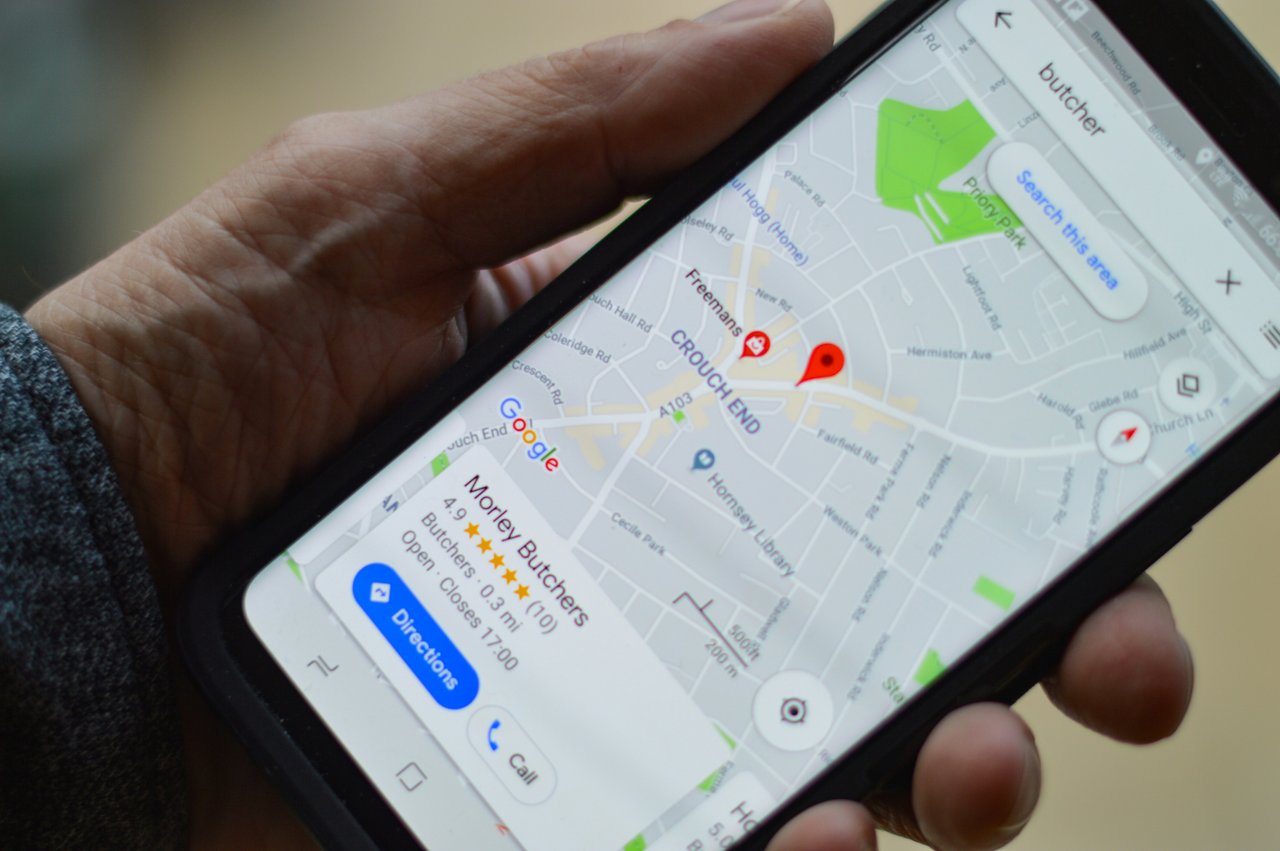Getting more families to attend your open days

Strategic digital campaigns using Performance Max can significantly increase open day attendance by…

While AI summaries and overviews are becoming more prominent in our search results, you'd be mistaken to assume that local SEO is a thing of the past - it's actually got a lot more to give than you think. In this article, Ciaran talks about why local SEO holds a significant advantage over AI in 'near me' searches.
If you've been following digital marketing news lately, you'll know the prevailing narrative: AI search is changing everything. There's a lot of concern about how AI Overviews and tools like ChatGPT might impact website traffic, particularly for informational content.
But dig into the data and something interesting emerges. Local businesses (your plumbers, solicitors, restaurants, tradespeople) aren't seeing the same disruption. In fact, local search performance has remained remarkably stable through the AI transition.
The reason reveals something fundamental about how people actually use search when they need real-world services.
When someone needs a local service, they want more than just a list of names. They need actionable information: which businesses are actually nearby, what their opening hours are, how to contact them immediately, and what other customers think of them.
AI chatbots can provide recommendations, but they fundamentally lack the infrastructure for local discovery. There are no embedded maps, no click-to-call buttons, no real-time updates on whether a business is open right now, and no integration with navigation apps to get you there.
Compare this to Google Maps, which provides instant visual results with photos, verified reviews, real-time opening hours, directions, and immediate ways to contact or book. The entire interface is purpose-built for people in an "I need this service now" situation.
AI tools can't easily overcome this, because it's a fundamental difference in what each platform is designed to do.
Take food and drink businesses for an example. When someone searches for “Sunday lunch near me” or “coffee shop open now”, they need to see what’s within walking distance, opening times, images of the business and directions.
The user wants photos of the food and atmosphere, recent reviews from within the last week, as well as the ability to contact the business if needed. AI chatbots aren’t at the point where they can replicate this yet. Even if they do suggest a good Italian restaurant near the user, they can’t give the user all of the same information you’d find on a search engine.
The more information you provide, the more likely you are to be front-of-mind for customers looking for a drink or a bite to eat. Creating a mental shortcut is the ultimate goal; you want them to think “I know there’s a good coffee shop around here”, and head to you straight away.
This is true for both independent businesses and chains. “Is there a branch of [restaurant] around here? Is it open? Can I make a reservation?” - local SEO not only answers these questions, but it gives customers the ability to act on them through call buttons, review links, and up-to-date reviews.
There are a few challenges at play here.
AI tools aren't designed around location the way Google Maps is. Even when they have access to your location, they lack the integrated local business database, real-time information, and actionable interface that make location-based services useful. You can't see a map, get directions, or tap to call. The experience simply isn't built for people who need a local service immediately.
Local searches also demand instant action. When your boiler breaks at 9pm on a Sunday, you don't want an AI-generated essay on boiler repair. You want a phone number you can call right now. AI is fantastic for information synthesis but it fails at facilitating real-world transactions.
Here's the interesting bit: when AI tools do attempt local recommendations, they're still pulling from Google Business Profiles, TripAdvisor, Trustpilot, and directory listings. These are the exact same sources that are targeted by traditional local SEO. They're summarising existing structured data, not generating new insights.
This last point is crucial, because it means your local SEO work is still paying off, possibly more than ever.
The practical implication is simple: While concerns about AI disrupting search are valid for some industries, local businesses can focus on fundamentals that continue to drive actual customers.
The tactics that work haven't changed. What has changed is that they might be more effective now, because:
At RKH, we've seen this play out with our local clients. The fundamentals (comprehensive profiles, consistent NAP data, regular reviews) continue to deliver measurable results in phone calls, directions requests, and bookings.

Rather than reinventing your approach, double down on what works:
Your Google Business Profile is non-negotiable, but don't stop there. Apple Maps, Bing Places, and industry-specific directories all feed into the data ecosystem that AI tools reference. Incomplete profiles don't rank, and in an AI world, they won't get cited either.
Fill in every field. Upload high-quality photos. Write detailed service descriptions. Add FAQs. The effort compounds across every platform where your business appears.
Business name, address, phone number - these must be identical across every platform. Inconsistencies confuse search engines and AI tools alike. This sounds tedious, but it's foundational.
We've caught errors where a client's phone number had different formatting across platforms, or their business name included "Ltd" in some places but not others. These small inconsistencies can significantly impact visibility.
Reviews have always been crucial for conversion because people trust other customers, but they're now becoming the fuel AI models use to make recommendations. Recent, genuine reviews signal that your business is active, relevant, and worth suggesting.
The businesses that systematically generate reviews consistently outperform those that don't. This doesn't mean anything dubious; all you need is a simple process for asking satisfied customers for feedback.
As search fragments across Google, ChatGPT, social platforms, and whatever emerges next, local businesses are better positioned than most.
Local SEO has never been about dominating a single channel. Success has always required presence across maps, directories, review sites, and data aggregators. You've been forced to think about "search everywhere" before it became a marketing buzzword.
If your business is properly represented across these touchpoints, you're already positioned for whatever search might look like in three years.
The immediate action is actually quite simple:
These aren't revolutionary suggestions - they're just the fundamentals - but they work, especially when you focus on what actually drives phone calls rather than getting distracted by the latest search trends.
RKH works with businesses across Leicester and the UK to strengthen their search visibility across all platforms. If you'd like help auditing your local presence or implementing a systematic approach to local SEO, get in touch to discuss how we can help.
Speak to us